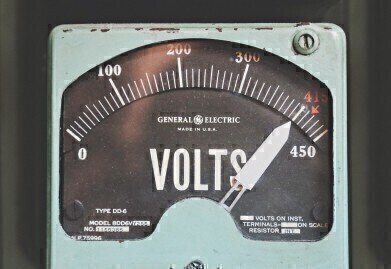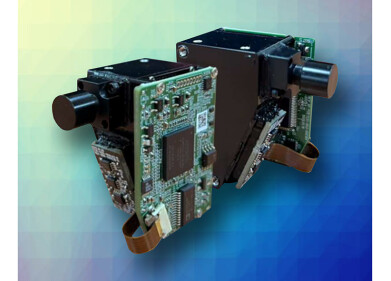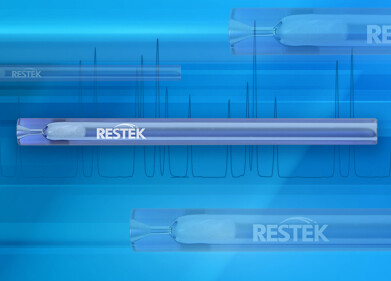Environmental Laboratory
Why Is the UK Afraid of Energy Smart Meters?
May 13 2015
A study by Alexa Spence of Nottingham University has revealed that the people of Britain have misgivings about installing smart meters in their home. The meters, which would monitor and control energy use, are believed to be viewed with mistrust by many Britons because they do not want their personal energy use to be published publicly.
What Are Energy Smart Meters?
Recently, the UK government signalled its hope that every home in Britain will have a smart meter within five years. These handy little innovations are capable of monitoring and regulating energy flow in your home, ensuring that appliances which do not need energy all the time – such as dishwashers, for example – are only turned on when energy levels are abundant and the prices are cheap. In cases of grid surplus, the price of energy falls, which means that installing smart meters could save consumers significant funds in optimising the time they buy.
Even more positive, however, is how they incorporate renewable energy. Wind and solar power are fluctuating sources of energy, which increase and decrease as the sun shines or the wind blows. Smart meters are capable of recognising when these sources are in abundance and adjusting which power to use accordingly. Such a practice would help the environment immensely by cutting down on fossil fuel use and the harmful carbon emissions these involve.
They are just one of a string of innovative new instruments, for use in the home and an industrial capacity, which are designed to curb our carbon footprint and help the environment.
Why Are People Wary?
On paper, these devices seem like a no-brainer. They save the environment AND your bank balance at the same time… what’s the catch? Well, many people harbour doubts about embracing smart meters due to the fact that data about their personal energy use could potentially be viewable by others online.
The study surveyed approximately 2,400 individuals and found that people who were pro-environment and conscious or active in climate change affairs were more supportive of the devices. Those who prioritised cheaper energy bills were warier of them, despite the potential savings they could offer.
“That did surprise me,” admitted Spence, author of the study. “I really did expect to see people [who were] concerned about costs being more accepting of smart technologies.”
Obviously, it appears people are concerned about the privacy of their energy use even more than they are about bill prices. Just as they wouldn’t want people to see their internet browsing history or read their diaries, people are suspicious that posting their data about energy use may lead to judgement or condemnation from others. They want the cake of having lower energy bills… but they want to eat it with unlimited energy use, as well.
Digital Edition
IET 34.2 March 2024
April 2024
Gas Detection - Biogas batch fermentation system for laboratory use with automatic gas analysis in real time Water/Wastewater - Upcycling sensors for sustainable nature management - Prist...
View all digital editions
Events
Apr 22 2024 Hannover, Germany
Apr 22 2024 Marrakech, Morroco
Apr 23 2024 Kuala Lumpur, Malaysia
Apr 23 2024 Kintex, South Korea
Apr 23 2024 Edmonton, AB, Canada


















